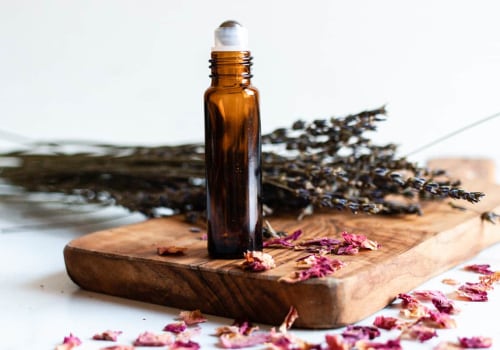With the increasing pressure to maintain a youthful appearance, many people are wondering what the connection between poor diet and skin ageing is. It's no secret that what we eat affects how we look and feel, but what does it have to do with our skin? It turns out that there is a definite link between poor nutrition and accelerated skin ageing. In this article, we will explore the impact of poor diet on skin ageing, and discuss how to maintain healthy, youthful looking skin. The first step to understanding how poor nutrition affects skin ageing is to understand the role that vitamins and minerals play in skin health. Vitamin A helps to regulate cell turnover, which keeps the skin looking fresh and healthy.
Vitamin C helps to produce collagen, which keeps the skin supple and reduces wrinkles. Vitamin E helps to protect the skin from sun damage, while zinc helps to reduce inflammation. A diet that is low in these essential nutrients can lead to dull, dry skin, wrinkles and age spots. In addition to vitamins and minerals, certain foods can also have a positive or negative effect on skin ageing. Foods that are high in sugar and saturated fats can cause inflammation, which can lead to wrinkles and other signs of premature ageing.
On the other hand, foods that are rich in antioxidants, such as blueberries and dark chocolate, can help protect the skin from free radical damage, which can also contribute to wrinkles and other signs of ageing. It’s also important to stay hydrated by drinking plenty of water throughout the day. Dehydration can cause dryness and dullness in the skin, which can make it look older than it really is. Finally, it’s important to protect your skin from environmental factors such as sun exposure and pollution. Wearing sunscreen every day and avoiding prolonged sun exposure can help protect your skin from sun damage, while using a face mask or other protective barrier when you’re out in polluted areas can help protect your skin from pollutants.
Nourishing Your Skin with Healthy Foods
In order to keep your skin looking healthy and youthful, it’s important to make sure that you’re getting all the essential vitamins and minerals from your diet. Eating a balanced diet that is rich in fruits, vegetables, whole grains, lean protein sources and healthy fats can help ensure that your body is getting all the nutrients it needs to keep your skin looking its best.Additionally, limiting your sugar intake and avoiding processed foods can help reduce inflammation in the body and help keep your skin looking youthful.
Identifying the Signs of Poor Nutrition
If you suspect that your diet is affecting your skin ageing, there are several signs that you can look out for. Dryness and flakiness in the skin are often an indication that you may be deficient in certain vitamins or minerals. Dark circles under the eyes can also be an indication of a lack of sleep or poor nutrition. Fine lines and wrinkles around the eyes or mouth are also common signs of premature ageing caused by poor nutrition.In conclusion, poor nutrition is a major contributing factor to skin ageing, and should be taken seriously.Eating a balanced diet that is rich in essential vitamins and minerals, as well as limiting sugar intake and protecting your skin from environmental factors such as sun exposure and pollution, can help keep your skin looking healthy and youthful. Identifying the signs of poor nutrition in your skin, and nourishing it with healthy foods can help to reduce the effects of ageing.






